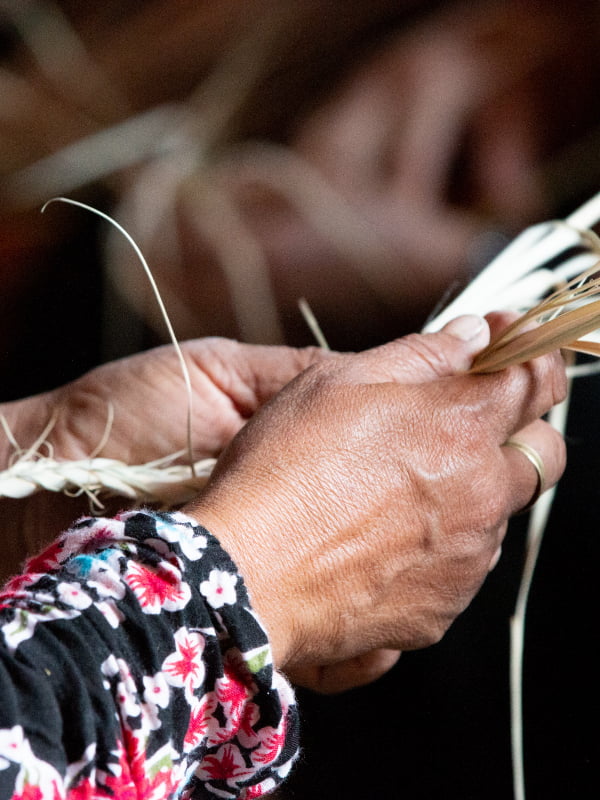Relevant lessons for 3-party partnerships on water
Solving the global water crisis is challenging, especially in countries with less financial means for proper water infrastructure and lasting water services. Involving stakeholders in partnerships can be a game changer. The Dutch Sustainable Water Fund (FDW) co-finances 42 public-private partnerships (PPPs) in the global water sector. What is unique is that these projects involve 3 types of stakeholders: public agencies, businesses and societal organisations and knowledge institutes. John Cameron, a former International Institute of Social Studies (ISS) professor, reflects on this particular formula following an in-depth study of 5 FDW projects.

3-party partnerships can be an innovative way to ensure the achievements of water projects in developing and emerging economies are more sustainable. While PPPs have become very common in the development sector, partnerships that include societal groups are ground-breaking. 3-party partnerships offer a unique opportunity to use governments' long-term scope, businesses' drive for efficiency, and NGOs' drive to engage local communities.
John Cameron, who spent 40 years as an academic on development topics, witnessed this happening when he evaluated various FDW PPPs in Colombia, Ethiopia and Ghana. He notes that what is even more remarkable is that the FDW programme connects all 3 partner types to organisations in the Netherlands. The PPPs go beyond engineering water facilities and can serve as a joint learning experience for government officials, entrepreneurs and societal organisations.
Establishing new water activities is crucial for sustainable development
Having worked in countries worldwide, John understands the importance of establishing newly-introduced water activities. More traditional development aid focuses on engineering and finance, he explains. Yet, PPPs can bring lasting systemic change to how communities use the available water. PPPs have a long-term view and can create self-supportive new water initiatives that can significantly improve people's lives.
Specific skills are necessary
John also noticed that working with diverse partners requires specific governance and relational skills. Partners from different backgrounds must learn to speak the same language. According to John, many stakeholders can complicate the management of a partnership. A strong leading partner may help, but it can also bring tensions. The FDW study highlights the importance of managing expectations, relationships and risks. John recommends that partners address management issues from the start and continue to address them throughout the project.
Read the full interview below to learn more.
- Ministry of Foreign Affairs



